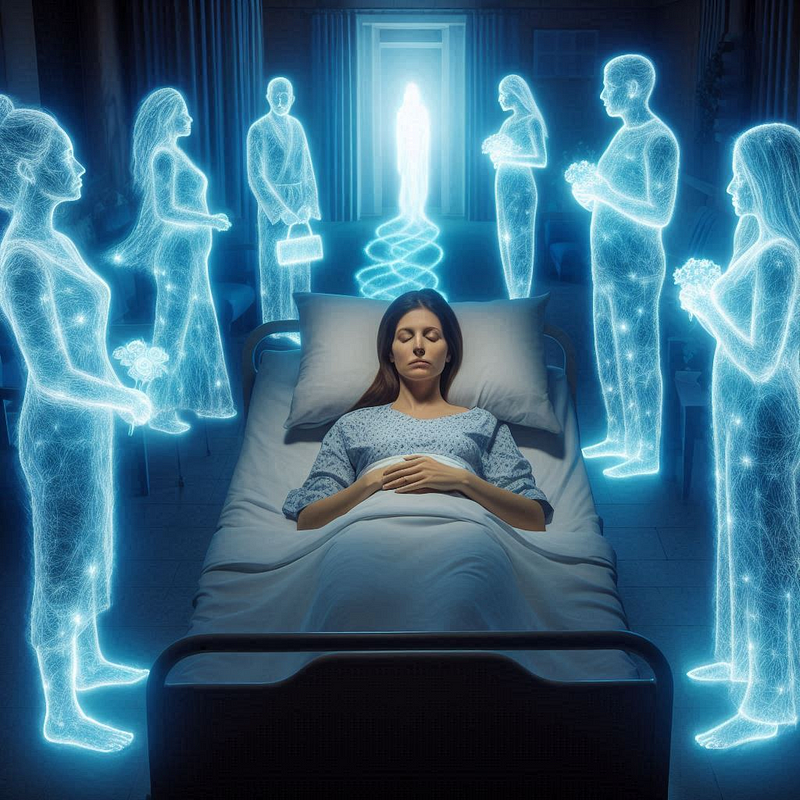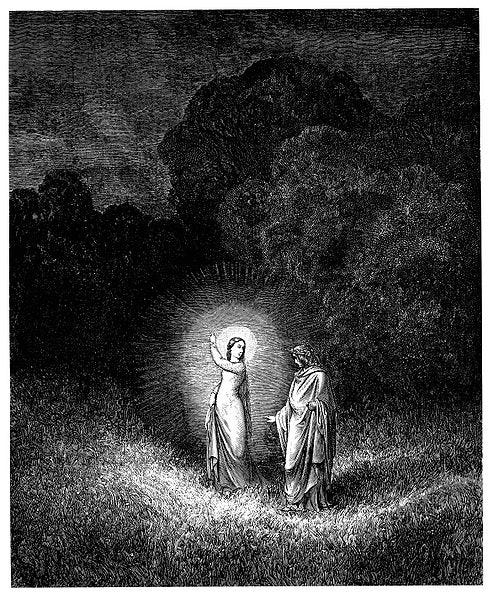Understanding the Comforting Insights of Hospice Workers on Death
Written on
Chapter 1: The Reluctance to Discuss Death
Conversations about death often feel uncomfortable, a topic many prefer to avoid. I remember my mother occasionally mentioning her wishes regarding her possessions after she passed away. I would listen half-heartedly, dismissing it as a morbid topic. After all, the thought of never seeing a loved one again is daunting.
Death signifies the conclusion of a personal journey, one that each of us must undertake without knowledge of what lies beyond. As we grow older, however, the inevitability of this conversation becomes more apparent, especially as we witness our relatives aging.
Having lost my father, mother, and an older brother, I can no longer evade discussions about mortality. While this topic has long been explored by philosophy and religion, recent advances in medical science have also begun to shed light on it. In particular, insights from hospice nurses and doctors provide a unique perspective on the dying process, revealing that we do not embark on this final journey alone.
Section 1.1: Insights from Hospice Care
“What if, at the end of your life, at some appointed hour, the lost return, distant feelings become familiar, and meaning is restored? If any of that is true, then dying is illuminating.”
— Dr. Christopher Kerr, Ted Talk: I See Dead People: Dreams and Visions of the Dying
Julie McFadden, a hospice nurse from Los Angeles, gained attention on TikTok for discussing a common occurrence among dying patients—end-of-life visions. Many patients report seeing long-lost loved ones weeks or even months prior to their passing. McFadden emphasizes that these are not drug-induced hallucinations, and hospice staff often prepare families for this phenomenon.
In fact, the Royal College of Psychiatrists has published a manual for families navigating end-of-life scenarios, highlighting a section dedicated to “End-Of-Life Experiences.” The manual notes that as individuals near death, the boundary between the external and internal worlds becomes increasingly blurred.

Section 1.2: The Visionary Experiences
Patients often describe these visitations as comforting encounters, with some stating that their deceased loved ones have come to “collect” them. Dr. Kerr, a leading figure in hospice care, shares his own experiences of observing patients reaching out to invisible figures, including one elderly woman who cradled a baby named Danny—her first child who had passed away at birth.
His studies reveal that 90% of the patients he observed reported experiencing end-of-life dreams and visions (ELDVs), rating their realism as a perfect ten. These experiences occur whether patients are awake or asleep, providing solace as they approach death.
The first video titled "Hospice nurse aims to educate about what really happens at the end of life" shares insights on the common experiences of dying patients and the comfort they find in visions of loved ones.
Chapter 2: Philosophical Reflections on Death
In a recent episode of the Joe Rogan Podcast, author Sebastian Junger recounted a near-death experience during a medical emergency, describing how he felt detached from his suffering body while his deceased father appeared to guide him. Similarly, the philosopher Michel de Montaigne recounted a near-fatal accident, noting a sense of peace despite his physical turmoil.

Both Junger and Montaigne spoke of how these experiences transformed their understanding of the world and death itself. Furthermore, ancient Greek rituals, such as the Eleusinian Mysteries, aimed to allow participants to confront death before its arrival, fostering profound change.
The second video titled "Want to know when a hospice patient is going to die? Ask Hospice Nurse!" explores the insights of hospice professionals regarding the signs of impending death.
Conclusion: Embracing the Journey of Death
Initially, I believed that death was a solitary experience filled with fear. However, insights from both philosophy and hospice care suggest otherwise. Many individuals report experiencing comforting reunions with familiar faces as they approach death, providing a sense of closure and purpose in their lives.
Although the thought of dying still evokes apprehension, these revelations offer a semblance of comfort, making the topic of death a little less daunting. If you’re interested in exploring more stories on this topic, please consider signing up for my mailing list or visiting my profile page.